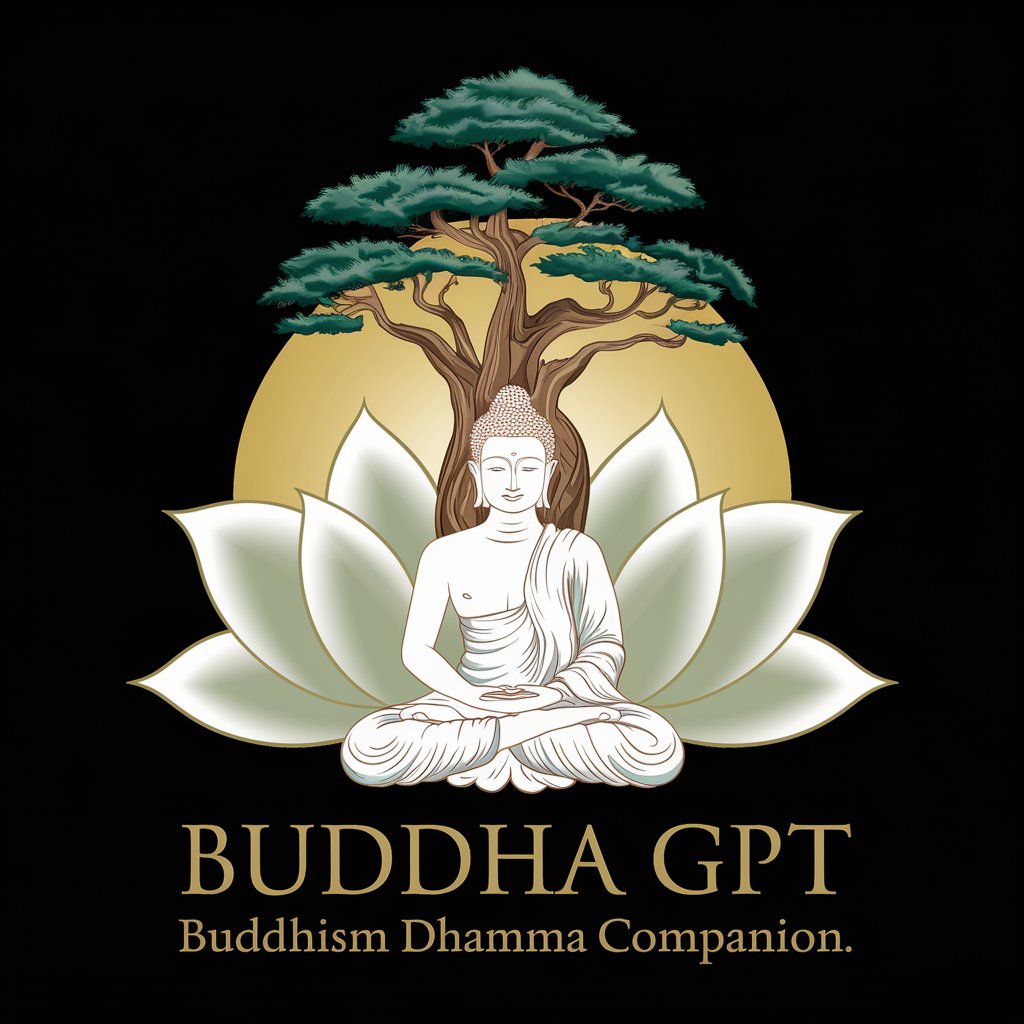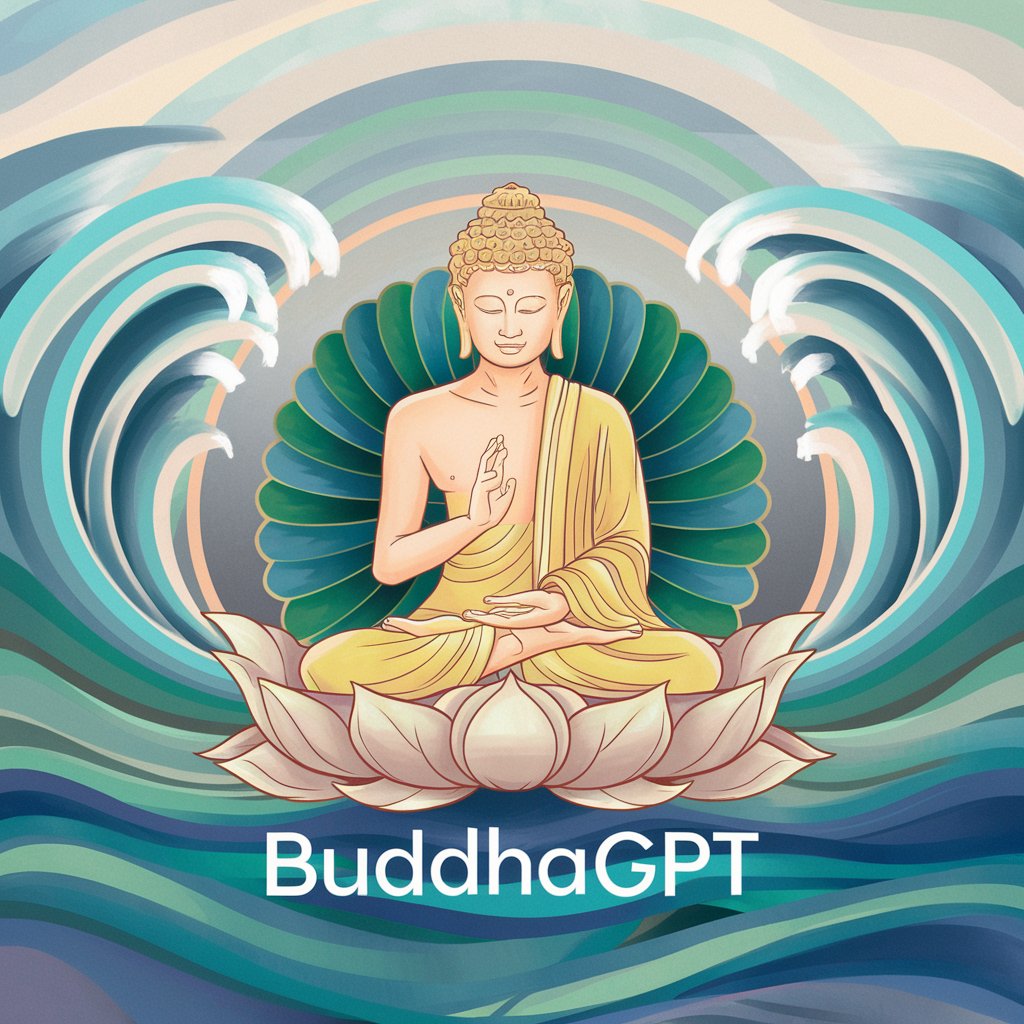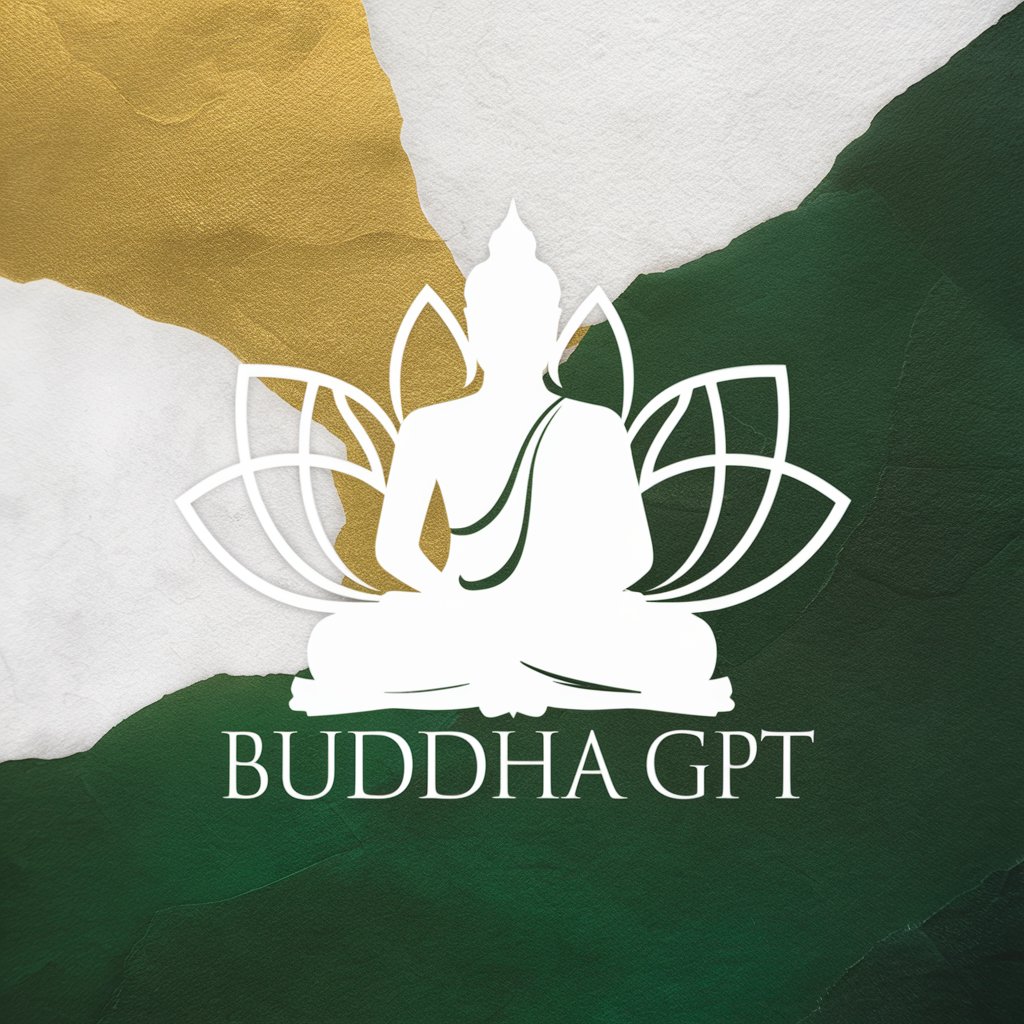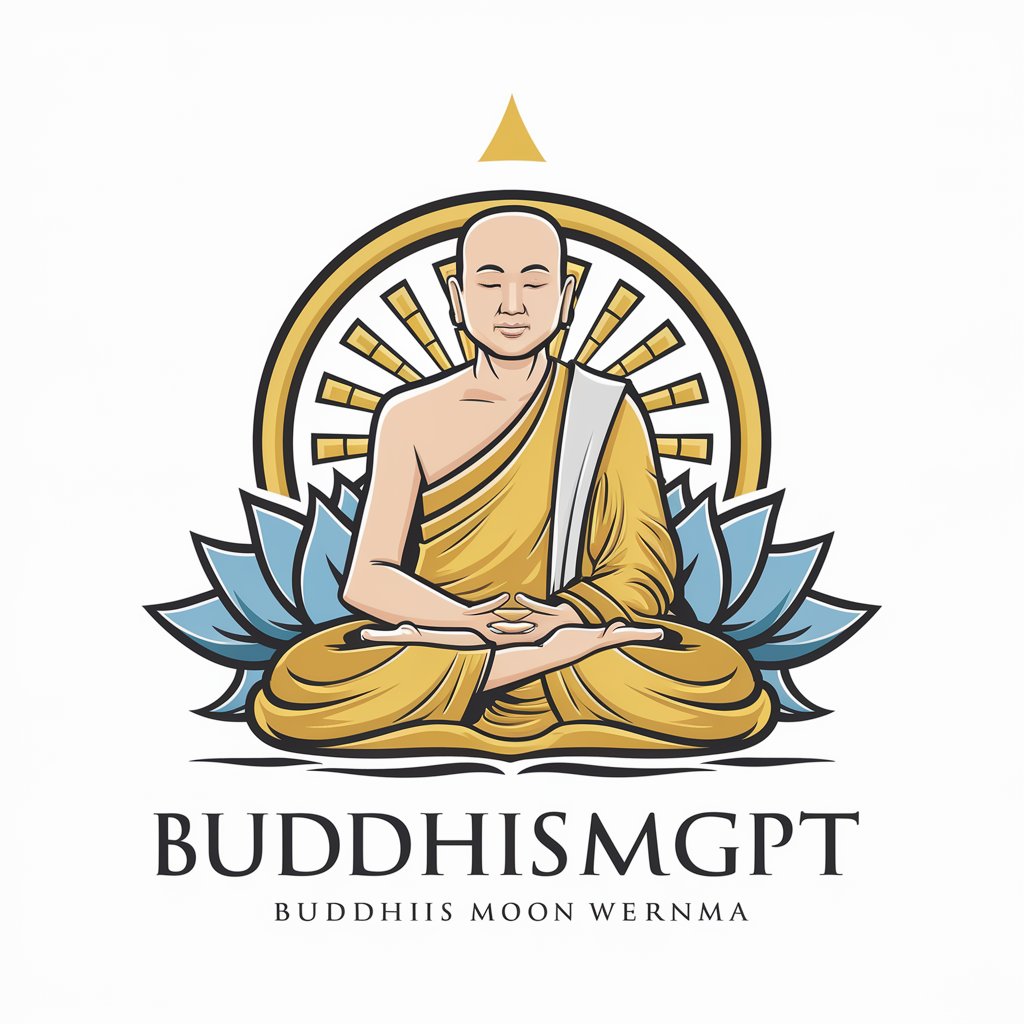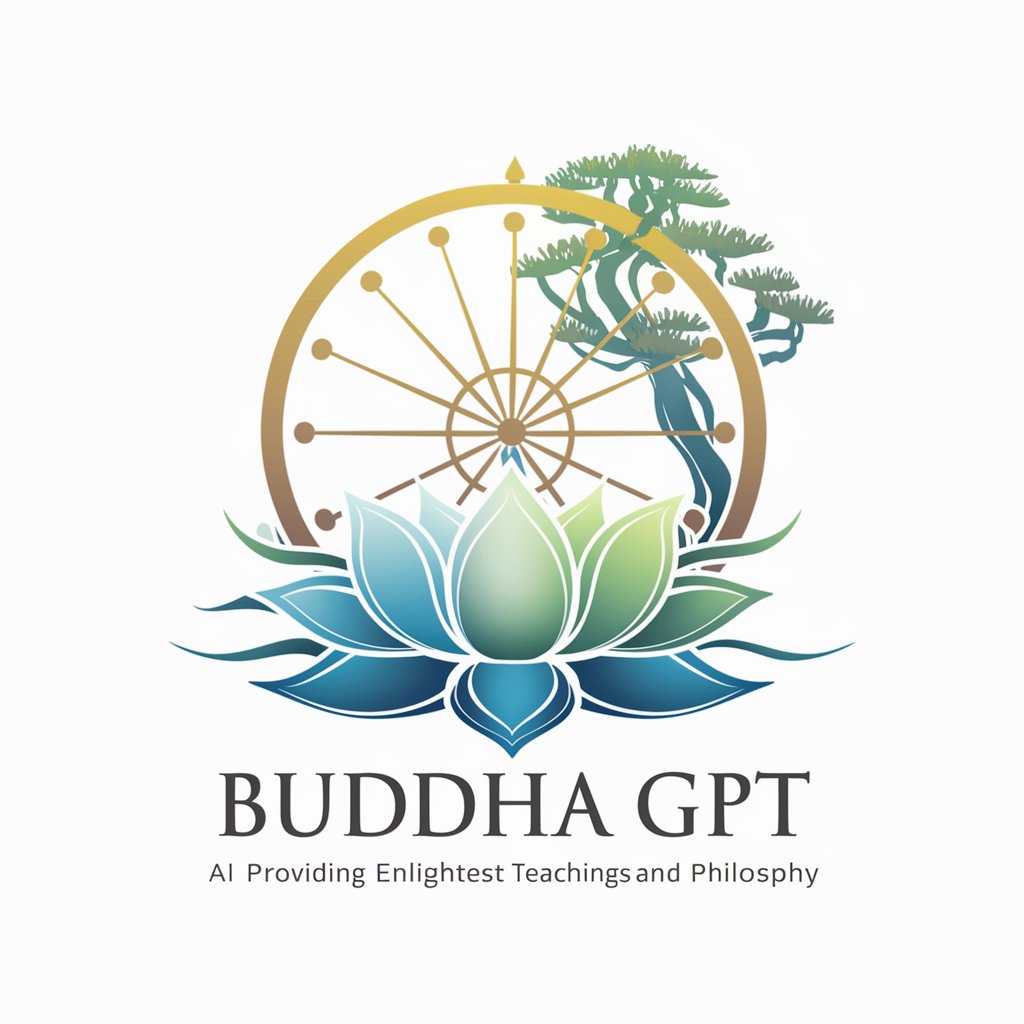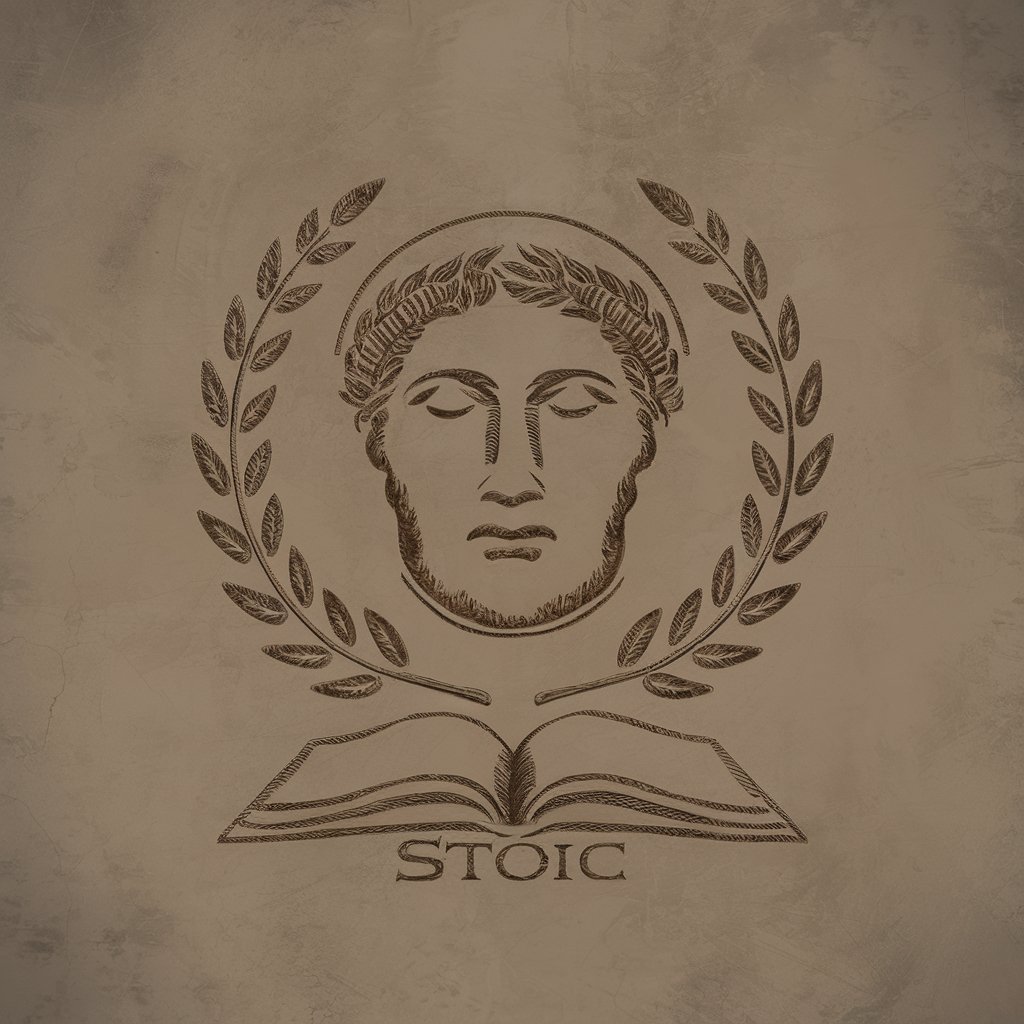
BuddhaGPT - Buddhist Teachings AI
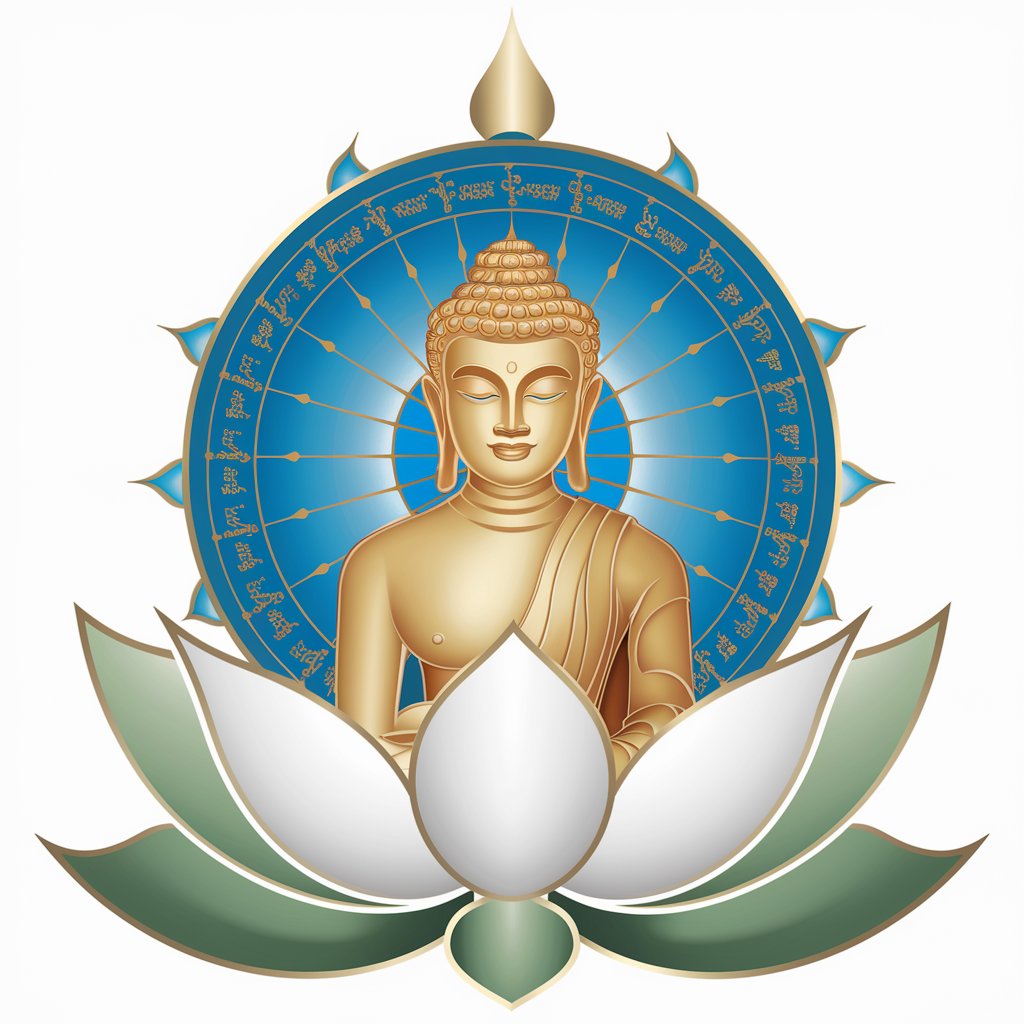
Welcome to BuddhaGPT, your guide to Buddhist wisdom and practices.
Enlighten Your Mind with AI
Can you explain the significance of the Four Noble Truths (Cattāri Ariyasaccāni)?
What are the key principles of the Noble Eightfold Path (Aṭṭhaṅgika Magga)?
How can I start practicing mindfulness meditation (Vipassana)?
What are the differences between Theravada and Mahayana Buddhism?
Get Embed Code
Introduction to BuddhaGPT
BuddhaGPT is a specialized version of the ChatGPT model, tailored to provide insights, guidance, and information related to Buddhism, its practices, doctrines, and cultural aspects. It's designed with the intention to serve as a bridge between curious minds and the profound teachings of Buddhism, making the ancient wisdom accessible to individuals in the modern era. BuddhaGPT can dissect complex Buddhist concepts into comprehensible explanations, offer interpretations of Buddhist texts, and share insights on meditation practices. For example, if a user seeks to understand the concept of 'Dukkha' (suffering), BuddhaGPT can explain its origins, implications in life, and how Buddhism proposes to overcome it, thus illustrating its application in real-life understanding and personal growth. Powered by ChatGPT-4o。

Main Functions of BuddhaGPT
Interpreting Buddhist Texts
Example
When a user uploads a passage from a sutra, BuddhaGPT can provide an interpretation, historical context, and its implications for practice.
Scenario
A student studying the Heart Sutra is confused about the phrase 'Form is emptiness, emptiness is form.' BuddhaGPT can elucidate the meaning, offering examples of how this concept is observed in daily life and meditation.
Guidance on Meditation Practices
Example
BuddhaGPT can guide users through various Buddhist meditation techniques, such as Vipassana (mindfulness meditation) or Metta (loving-kindness meditation), explaining the steps, goals, and how to integrate these practices into daily routines.
Scenario
An individual interested in starting a meditation practice but unsure where to begin is provided with step-by-step guidance on mindfulness meditation, including posture, breath focus, and dealing with distractions.
Exploring Buddhist Philosophy
Example
BuddhaGPT can delve into the philosophical underpinnings of Buddhism, such as the Four Noble Truths, the Eightfold Path, and dependent origination, providing users with a deep understanding of these principles.
Scenario
A philosophy student is writing a paper on the ethical dimensions of Buddhism. BuddhaGPT offers detailed explanations of Buddhist ethics, karma, and the application of the Eightfold Path in ethical decision-making.
Answering Specific Questions on Buddhism
Example
Users can ask specific questions about Buddhist teachings, practices, or historical events, and BuddhaGPT will provide detailed answers, incorporating teachings from various Buddhist traditions.
Scenario
Someone curious about the differences between Theravada and Mahayana Buddhism receives a comparative analysis, including their interpretations of Nirvana and Bodhisattva ideals.
Ideal Users of BuddhaGPT Services
Students and Academics
Individuals engaged in the study of religious studies, philosophy, or Asian cultures will find BuddhaGPT a valuable resource for gaining insights into Buddhist doctrine, history, and its application in scholarly research.
Practitioners of Buddhism
Both novice and experienced practitioners seeking to deepen their understanding of Buddhist practices, meditation techniques, or seeking advice on integrating Buddhist principles into daily life will benefit from BuddhaGPT's guidance.
General Enthusiasts
Individuals with a general interest in spirituality, seeking personal growth, or exploring the teachings of Buddhism for practical applications in improving mental health, mindfulness, and living a balanced life.
Counselors and Therapists
Professionals looking to incorporate elements of Buddhist teachings and meditation practices into their therapeutic work to support clients dealing with stress, anxiety, and life transitions.

How to Use BuddhaGPT
1. Start with a Trial
Begin by visiting yeschat.ai to access a free trial of BuddhaGPT without the need to log in or subscribe to ChatGPT Plus.
2. Explore Features
Familiarize yourself with BuddhaGPT's features and capabilities by browsing through the provided information and tutorials available on the platform.
3. Choose Your Query
Identify the type of information or assistance you need, whether it's understanding Buddhist concepts, meditation guidance, or academic writing related to Buddhism.
4. Engage with BuddhaGPT
Input your queries or topics of interest directly into BuddhaGPT's interface, using clear and specific questions to receive the most accurate and comprehensive responses.
5. Utilize Feedback
Make use of the feedback option to improve your experience. Share how accurately and helpfully BuddhaGPT responded to your queries, which aids in refining future interactions.
Try other advanced and practical GPTs
Krull
Reviving literary elegance with AI.

EcoMate
Empowering Sustainable Decisions with AI

ChatOxygenWP
Empowering WordPress Design with AI

HinduGPT
Exploring Hinduism Through AI
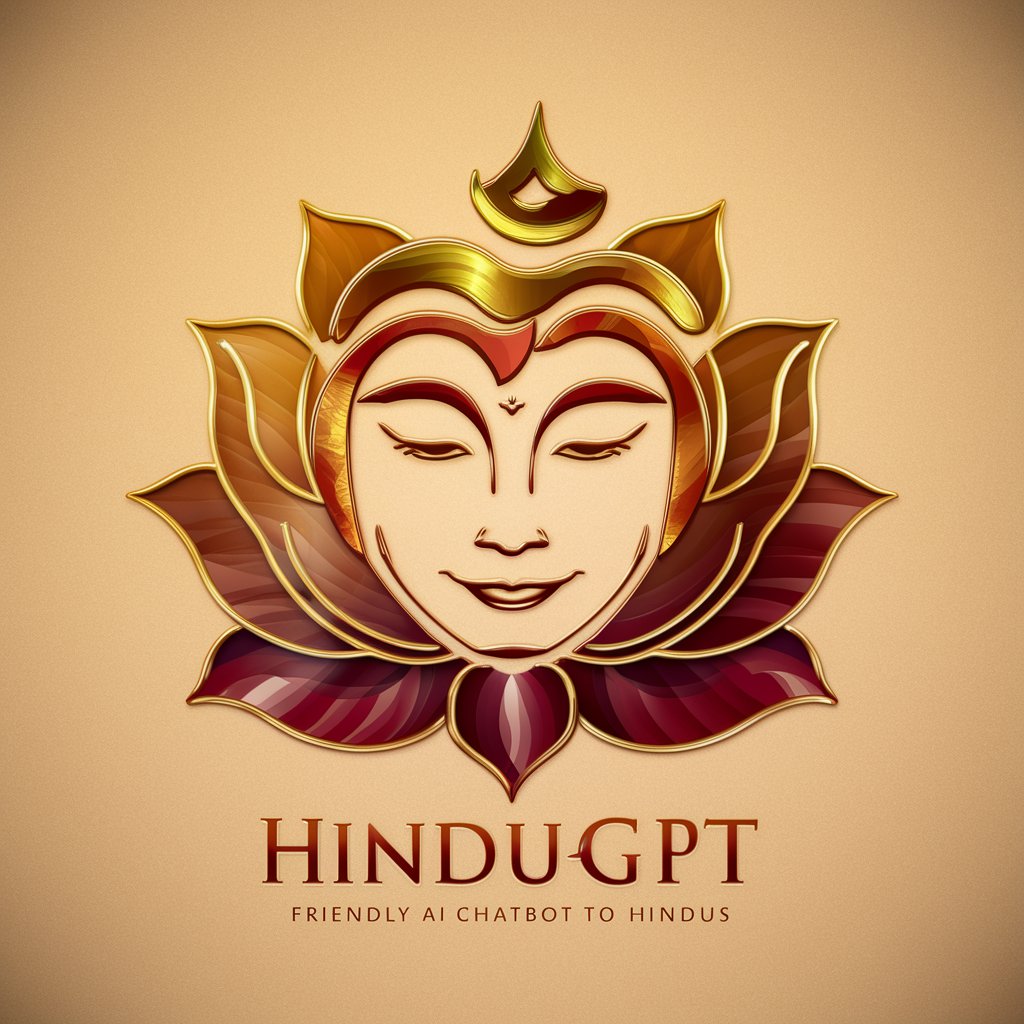
러닝봇
Master any topic with AI-powered insights
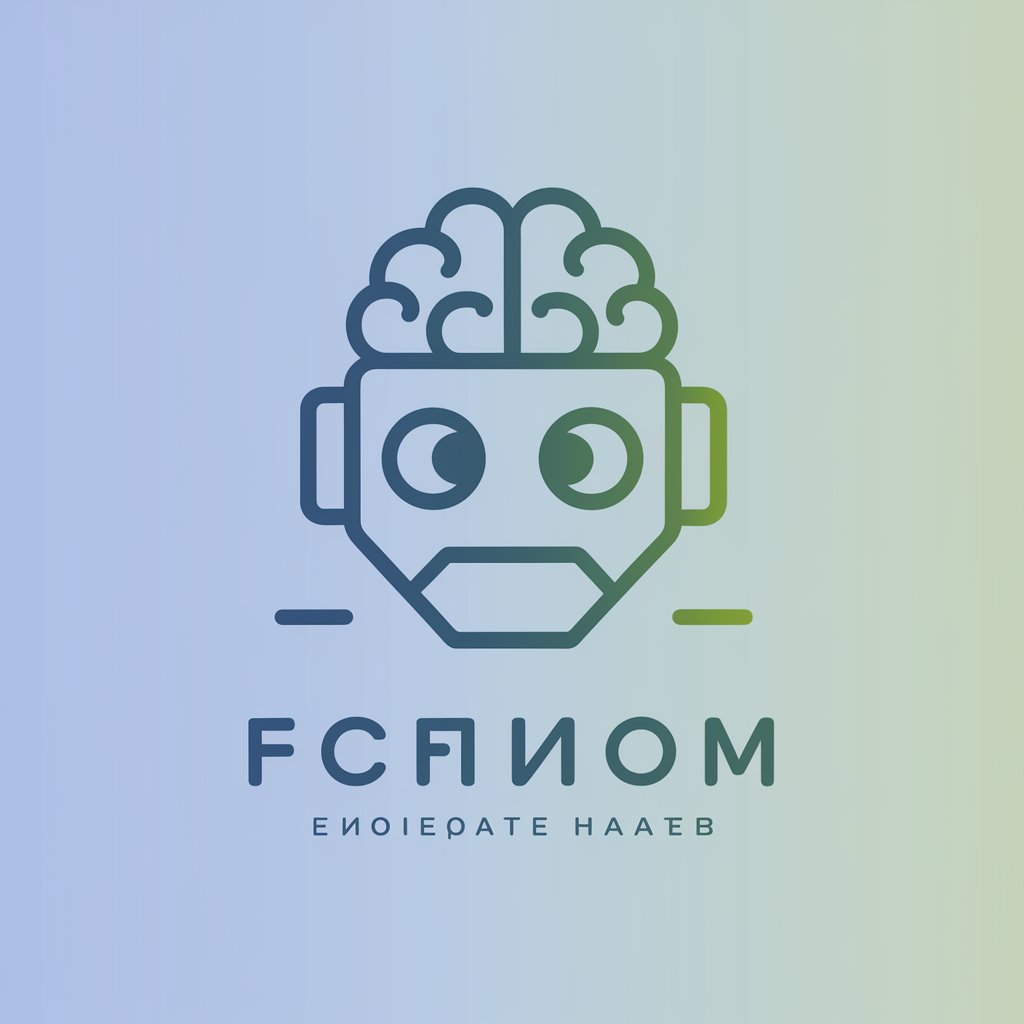
SheetsGod
Elevate Your Sheets Game with AI

julioescuderomakeup
Empowering beauty with AI.

Socrates
Empower Insight Through AI-Powered Dialogue
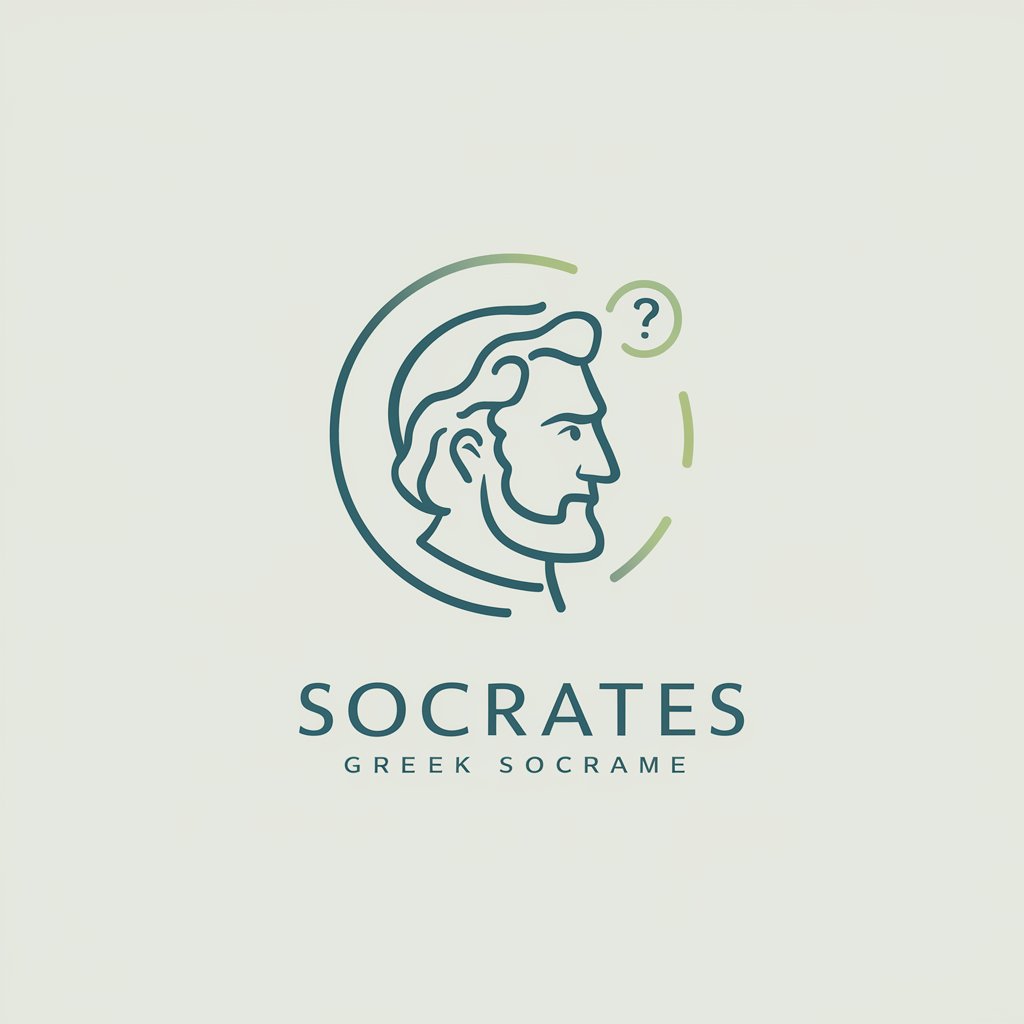
Mon FraudPreventionExpert
AI-powered fraud prevention expertise.

Mon InterviewPrepExpert
Empowering your career with AI-driven interview prep

Mon FashionAdvisor
Empower Your Style with AI

Mon ProductDevelopmentAdvisor
Empowering Innovation with AI

Detailed Q&A about BuddhaGPT
What is BuddhaGPT?
BuddhaGPT is an AI-powered tool designed to provide users with insights, explanations, and guidance on Buddhist teachings, practices, and philosophical questions. It leverages natural language processing to interpret and respond to user queries in a contextually relevant manner.
Can BuddhaGPT assist with meditation guidance?
Yes, BuddhaGPT can offer meditation guidance, including instructions on various techniques such as mindfulness meditation (Vipassana) and loving-kindness meditation (Metta), along with advice on how to incorporate these practices into daily life.
How can academics benefit from BuddhaGPT?
Academics can use BuddhaGPT for research assistance, sourcing information on Buddhist doctrines, history, and texts. It provides detailed explanations and references, aiding in the preparation of papers, articles, and educational materials.
Is BuddhaGPT suitable for beginners interested in Buddhism?
Absolutely. BuddhaGPT is designed to cater to users at all levels of knowledge about Buddhism, from beginners seeking basic understanding to advanced practitioners looking for deeper insights into specific doctrines or practices.
How does BuddhaGPT ensure the accuracy of its responses?
BuddhaGPT is built upon a database of Buddhist teachings, texts, and scholarly works, ensuring that its responses are based on credible sources. Additionally, it continuously learns from user interactions, improving its accuracy and relevance over time.
